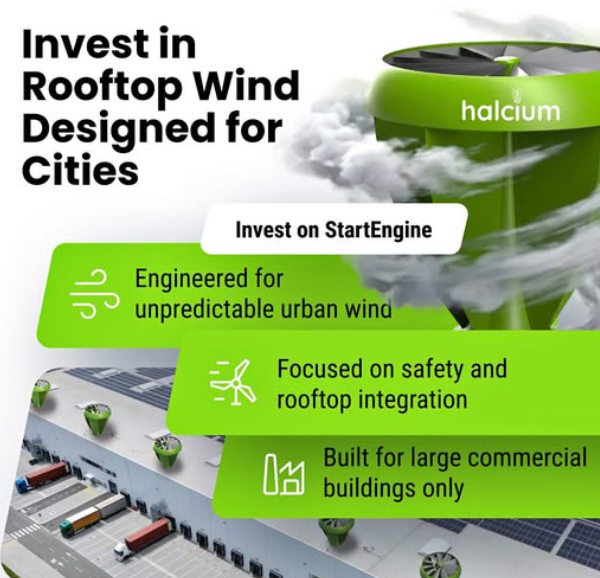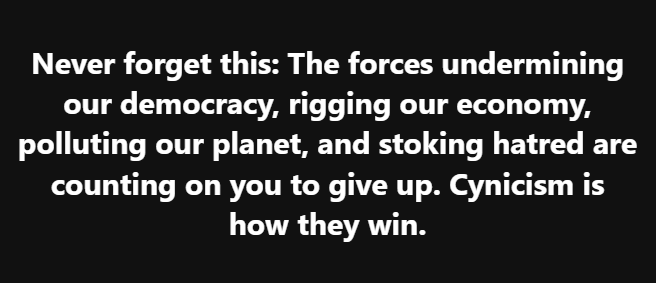Introduction Sustainable Energy for Sustainable Agriculture
As the global population continues to grow, ensuring sustainable agriculture and food production is paramount. At the heart of this endeavor lies the integration of sustainable energy solutions.
Sustainable energy, derived from renewable sources and coupled with energy-efficient practices, can revolutionize the agricultural sector by reducing carbon emissions, enhancing productivity, and fostering food security.
This article explores the vital role of sustainable energy in promoting sustainable agriculture and food production.
Outlook Sustainable Energy for Sustainable Agriculture
1. Renewable Energy in Agricultural Operations
The adoption of renewable energy sources in agricultural operations offers multiple benefits. Solar energy, for example, can power irrigation systems, reducing the reliance on fossil fuel-driven pumps and minimizing water waste. Wind energy can be harnessed to generate electricity for on-farm operations, such as powering machinery and processing facilities. By incorporating renewable energy technologies, farmers can significantly reduce greenhouse gas emissions, decrease reliance on non-renewable resources, and contribute to climate change mitigation.
2. Off-Grid Renewable Energy Solutions
In many rural and remote areas, traditional agriculture faces challenges due to the lack of access to reliable electricity. Off-grid renewable energy solutions, such as solar-powered microgrids, offer a game-changing opportunity. These decentralized systems provide clean energy for irrigation, livestock management, and food processing, empowering farmers in underserved regions. Off-grid solutions contribute to increased agricultural productivity, improved livelihoods, and enhanced food security, while also mitigating the environmental impact associated with conventional energy sources.
3. Energy-Efficient Farming Practices
Energy efficiency is a critical component of sustainable agriculture. Implementing energy-efficient practices in farming operations can reduce energy consumption, lower costs, and minimize environmental impacts. Precision agriculture techniques, which involve using sensors and automation to optimize resource use, help farmers make informed decisions about irrigation, fertilizer application, and pest management. This not only increases productivity but also saves energy and water resources. Additionally, the adoption of energy-efficient equipment and technologies, such as energy-efficient lighting and machinery, further reduces energy consumption on farms.
4. Bioenergy and Waste-to-Energy Solutions
Bioenergy and waste-to-energy solutions offer unique opportunities for sustainable agriculture and food production. Agricultural waste, such as crop residues, animal manure, and food processing by-products, can be converted into biogas through anaerobic digestion. This biogas can then be used for heating, cooking, and electricity generation on farms. Similarly, the production of biofuels from agricultural feedstocks provides a renewable energy source for transportation and machinery. By utilizing these bioenergy solutions, farmers can reduce waste, lower emissions, and foster circularity in the agricultural value chain.
5. Integrated Food-Energy Systems
Integrated food-energy systems promote synergies between food production and renewable energy generation. Agrovoltaics, for example, involves the combination of solar photovoltaic arrays with agricultural activities, allowing dual land use and optimizing resource utilization. Solar panels are mounted above crops, providing shade and reducing water requirements, while simultaneously generating clean electricity. Such integrated systems maximize land productivity, promote sustainable resource use, and create new income streams for farmers.
Conclusion Sustainable Energy for Sustainable Agriculture
Sustainable energy is a catalyst for transforming agriculture and food production towards sustainability.
Through the integration of renewable energy sources, energy-efficient practices, and innovative solutions, farmers can enhance productivity, reduce environmental impact, and contribute to food security. Embracing off-grid renewable energy, adopting energy-efficient farming practices, exploring bioenergy options, and implementing integrated food-energy systems are key strategies for a sustainable future.
By promoting the synergy between sustainable energy and agriculture, we can create a resilient and environmentally conscious food system that meets the needs of a growing global population while preserving our planet’s resources for future generations.
https://www.exaputra.com/2023/07/sustainable-energy-for-sustainable_5.html
Renewable Energy
Rooftop Wind
 My doctor, who knows that I understand physics and renewable energy in particular, asked me today what I thought about wind turbines on boats.
My doctor, who knows that I understand physics and renewable energy in particular, asked me today what I thought about wind turbines on boats.
I explained that, since boats need their own ways to generate electricity, what is called “small wind” may make sense. Most ships have diesel-powered generators, and that’s an option for smaller craft as well, and solar is not an attractive option because of the small area.
Doctors generally don’t have time to kill, but he asked me further about small wind, to which I explained:
Because the area of a circle is proportional to the square of the radius, big is better. If you can build a turbine with a radius 100 times larger than a small one, you’re going to generate 10,000 time more power.
Because the power generated by a turbine is proportional to the cube of the wind’s velocity, if you can site a turbine in wind conditions that are 10 times those on your rooftop, with trees and other buildings slowing the wind down, you’re going to generate 1000 times more power.
So, as usual, the answer resides in physics and math. 1000 times 10,000 is 10 million, which is why we see huge turbines on structures that lift huge turbines high above the ground, and it’s why the small wind industry has essentially disappeared.
If you don’t understand elementary school math and high school science, and you have money to burn, the investment offered at left may be right for you.
Renewable Energy
Fox News and its Effects on American Civilization
 It’s interesting that there is no Fox News (or equivalent) in Canada.
It’s interesting that there is no Fox News (or equivalent) in Canada.
The Canadians have protections of free speech that are very similar to ours in the States, and, like the U.S., these rights are not absolute. One difference is that Canada prohibits gross misrepresentation, which, in this case means that presenting opinions and calling it “news” is against the law. Lies are fine; calling them “news” is not.
A possible name for a show with the same content might be “Conservative Viewpoints” or “The Way the Right Wing Sees the World.”
Where Canada protects its people from malicious bullshit, in America we say, “Money talks.”
Renewable Energy
Apathy in the Midst of Treason
 Former Labor Secretary Robert Reich makes an excellent point at left.
Former Labor Secretary Robert Reich makes an excellent point at left.
The constant onslaught of distractions coming out of Trump’s mouth is calculated make us give up striving for truth, honesty, and environmental responsibility.
We mustn’t quit.
-
Greenhouse Gases7 months ago
Guest post: Why China is still building new coal – and when it might stop
-
Climate Change7 months ago
Guest post: Why China is still building new coal – and when it might stop
-

 Greenhouse Gases2 years ago
Greenhouse Gases2 years ago嘉宾来稿:满足中国增长的用电需求 光伏加储能“比新建煤电更实惠”
-
Climate Change2 years ago
Bill Discounting Climate Change in Florida’s Energy Policy Awaits DeSantis’ Approval
-
Climate Change2 years ago
Spanish-language misinformation on renewable energy spreads online, report shows
-

 Climate Change2 years ago
Climate Change2 years ago嘉宾来稿:满足中国增长的用电需求 光伏加储能“比新建煤电更实惠”
-
Climate Change Videos2 years ago
The toxic gas flares fuelling Nigeria’s climate change – BBC News
-

 Carbon Footprint2 years ago
Carbon Footprint2 years agoUS SEC’s Climate Disclosure Rules Spur Renewed Interest in Carbon Credits




